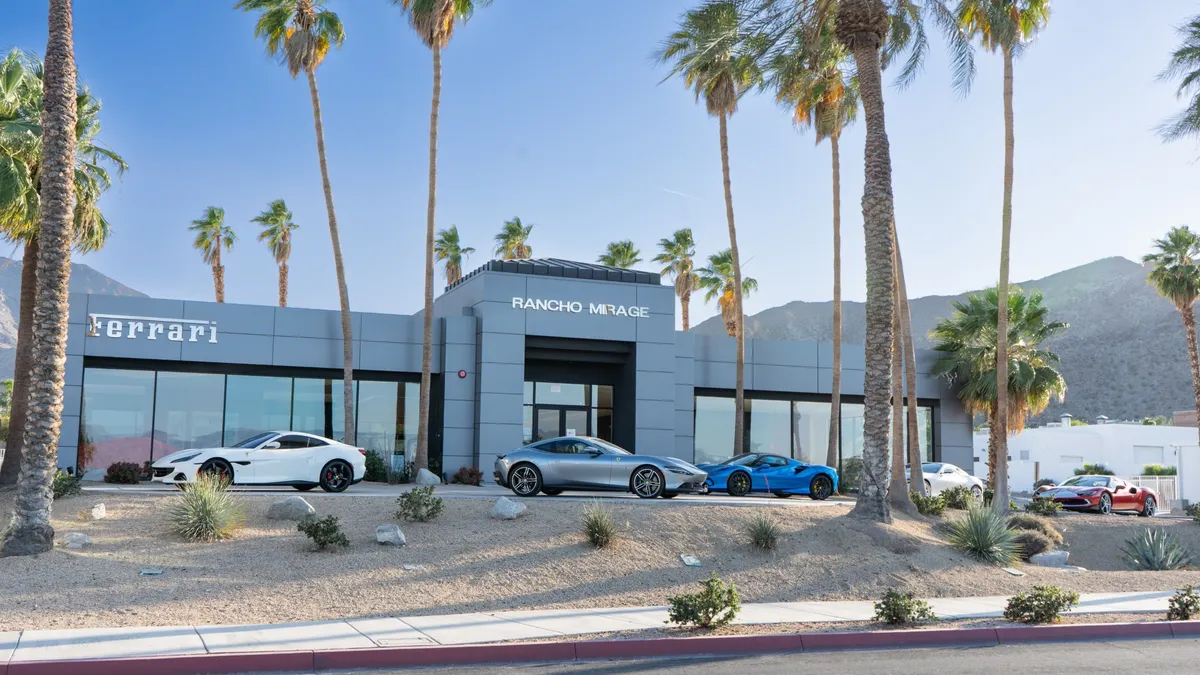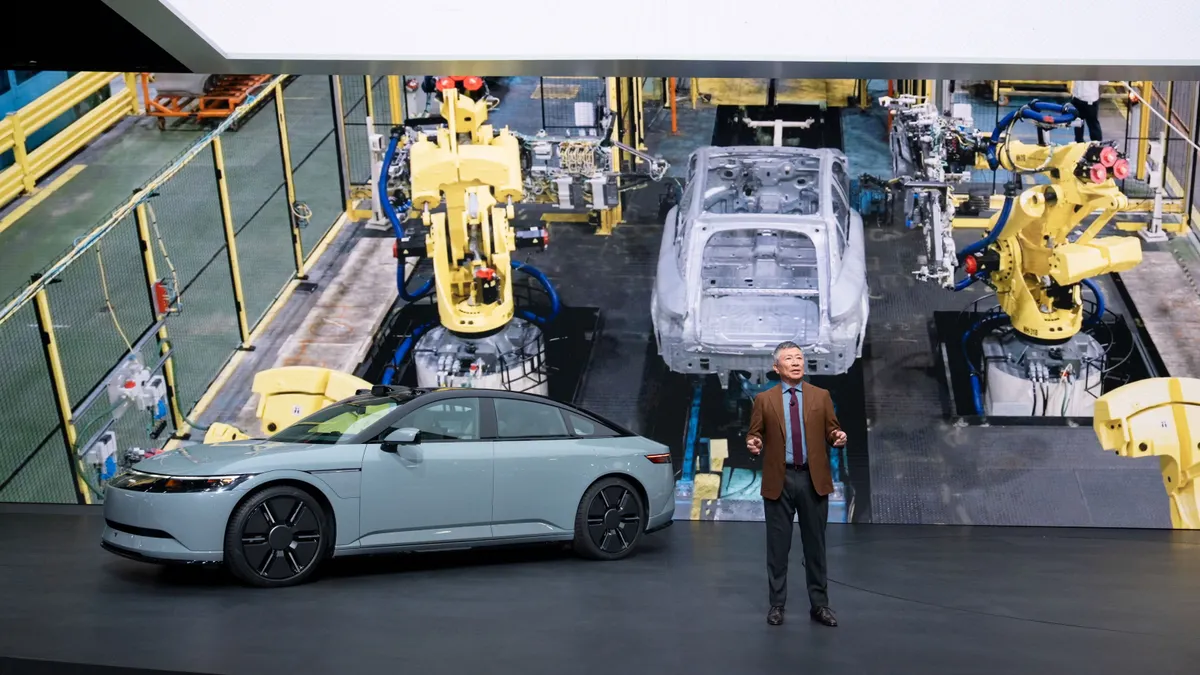Editor's note: This story is part of the WardsAuto digital archive, which may include content that was first published in print, or in different web layouts.
The battle for automotive talent is at an all-time high.
Incoming employees – Millennials and Generation Z – have a different set of expectations, motivators and standards for their employers than previous generations. Couple that with the new and broadening skillsets needed to address the convergence of automotive and technology, in addition to the rise of future of transportation technologies, it’s no wonder that competition for this talent is fierce.
Given what’s at stake, Weber Shandwick and KRC Research investigated the employee-employer relationship among automotive engineers in the U.S. to form the basis of the report, Attracting and Retaining Talent in the Automotive Industry.
The study, which explores the intersection of employer reputation and employee experience, highlights significant issues and challenges employers must consider in order to appeal to an increasingly diverse employee base.
One of the most alarming findings of the study is the reputational risks among Millennial and female engineers that could affect the pipeline of talent in the industry.
Only 33% of U.S. Millennial automotive engineers say their experience at work matches their organization’s portrayal of itself. An even lower 18% of female automotive engineers trust their organization’s leadership, a stark contrast to 37% of men. This trust deficit signals a serious issue for an industry facing a talent shortage, particularly in an era where diversity and inclusion are top-of-mind for leaders and their boards.
Additionally, while female and male automotive engineers have similar levels of employee engagement (46% vs. 43%, respectively), they differ significantly on experiences that influence their overall engagement.
Most notably, two-thirds of women (66%) report they are putting in more effort than what is required to do their jobs, versus 52% of men. At the same time, women are less likely than their male colleagues to agree that they know their employer’s values, principles and beliefs (33% vs. 46%, respectively), that they would recommend their employer as a place to work (28% vs. 45%) and that they feel a strong connection to their employer (28% vs. 42%) – all of which highlight significant threats amid the rise of a changing pool of automotive talent.
Millennial automotive engineers also are less likely than their Boomer predecessors to be advocates for their companies (79% vs. 92%, respectively), including recommending their employer as a place to work.
In fact, the only actions that Millennials are more likely than Boomers to act on are negative ones, such as posting or sharing criticism about their employer online (26% vs. 12%, respectively), discouraging potential customers (23% vs. 12%) and discouraging potential job candidates from considering their employer (22% vs. 16%).
So how does an employer remain attractive in this environment?
A credible, authentic brand.
As the study demonstrates, there is a significant gap between the expectations of automotive engineers and the reality of their everyday working life. These disconnects are underscored when considering Millennial and female engineers, who are crucial to the future success of the industry.
Employers – backed by leadership – have the opportunity to change these perceptions by better defining and living an employer brand that employees trust, ascribe to and promote.
With outside pressures threatening long-established organizations such as those in the automotive industry, in addition to an increased pool of employer options, it is critical for companies to create an authentic, trusted brand that embodies the experiences of its employees.
Equally important is that employers not only consider their communications both externally and internally but also exude that culture through sustained, deliberate actions that employees experience at every point in their career journey.
To find out more about the benefits of having alignment between an employer brand and employee experience, access the full report, The Employer Brand Credibility Gap: Bridging the Divide. For more information about activating a successful employer brand specifically in the automotive industry, please access our supplement report, Attracting and Retaining Talent in the Auto Industry.
Janet Tabor is executive vice president of Weber Shandwick. She leads Weber Shandwick’s automotive technology practice in North America and serves as managing director of the Detroit office.




















